Khabar Khair (Only Good News) – Fatima Rashad
In addition to its role in providing the urgent relief materials to those affected by the conflict in Yemen, the donor countries and international organizations are seeking, with their regional and international partners to adopt expanded development plans for the reconstruction of Yemen, and to build the legacy of the conflict.
Yemen needs service projects that help people overcome the harsh situation that they are living in as a result of the conflict. Electricity, water, reconstruction and medical services, all these projects and others represent radical solutions to the problems facing the country.
The attendees discussed at the meeting, which was held by ESCWA, on how to support Yemen in the post-conflict phase, and the required visions and comprehensive development strategies, and building the capacities of Yemeni institutions to effectively contribute to the process of recovery, reconstruction and stability, and coordinate the efforts with the local, regional and international partners by putting the requirements of this stage at the level of plans and programs into practice.
According to Asharq Al-Awsat newspaper, the Saudi Program for Development and Reconstruction in Yemen announced the signing of three projects, which are considered one of the largest Saudi projects in Yemen, including the health, education and transportation sectors in three Yemeni governorates: Rehabilitation of Aden Airport and Marib -Al-Abr road.
The Saudi Ambassador and General Supervisor of the Development and Reconstruction Program in Yemen stressed in a press interview that the projects in Yemen stem from a holistic perspective, and that his country believes in the importance of meeting the needs of the various vital sectors in Yemen”.
The statement of the Saudi ambassador coincides with the statement of the Ministry of Planning and International Cooperation for Yemen, which confirmed that its country is moving, economically and socially, from relief to community development and a real launch of development in the service sectors and infrastructure components based on what was published by the newspaper “Ash-Sharq Al-Awsat” in addition to the pledges that it made to the donors and coordinating with them to overcome all difficulties, where it stressed that the Yemeni environment has become ready to implement more development projects in a way that enhances the Yemeni economy and improves the living thanks to the Saudi Development and Reconstruction Program for Yemen, which implements developmental projects and initiatives in various Yemeni governorates, with an estimated cost of 500 million Saudi riyals, which comes with sustainable solutions that contribute to the development of infrastructure in the country.
Tariq Hussein (an economic expert) believes that the role of the local civil society organizations is pivotal and important, but it does not focus on implementing developmental projects such as water, electricity and solar panels projects.
Tariq explains the limited role of local organizations, by saying, “There are local organizations that undertake the support of these projects, but the level of implementation is limited contrary to the Social Fund because its support comes from the World Bank and the support of these organizations is still limited”.
He continued, “The projects of the Social Fund are of a developmental nature that contribute to achieving sustainable development in some areas in which it operates, such as electricity, economic empowerment, roads and water projects”.
Tariq Hussein told “Khabar Kheir” (Good News) website, “The development grants for Yemen that have been implemented are estimated at 20% or 30% in relation to the support provided to Yemen, and most of the projects are emergency ones that meet the needs of the citizen, but for a specific time, as not all of the projects are developmental”.
He explains, “The meaning of development is to have a sustainable character. And the sustainable projects are those that receive support from the World Bank, the government of countries such as Japan and Sweden, or large international agencies such as the International Federation”.
Omar Al-Hayani (an economic analyst) told “Khabar Kheir” (Good News) website, “Most of the projects that are implemented in Yemen through civil society organizations are mostly unsustainable projects”.
Al-Hayani criticized the work of some organizations, by saying, “Most of the projects focus on non-qualitative training or in the form of aids that does not contribute to creating economic growth despite the billions of dollars that were spent on the projects of these civil organizations during the seven-year conflict”.
He also praised the positive role of some organizations, by saying, “There are few projects implemented by civil organizations that contributed to creating job and development opportunities, such as the implementation of road projects, water projects and the health aspect, but they remain in their entirety urgent and limited”.
He stated that the projects that do not work according to the study of the environmental reality and the basic needs in the areas where the projects are implemented are nothing but expenses and figures that do not help achieve actual economic growth, and here lies the problem, as we cannot create truly sustainable development even though we use balanced economic plans able to make a qualitative leap for the economy.
There are parties and benefactors who have implemented service projects in the governorate of Aden and some neighboring governorates such as Hajj and Abyan, among these projects: drilling wells, expanding the use of water projects and supplying them with water pumping machines, and this is what we find and touch in some residential neighborhoods.

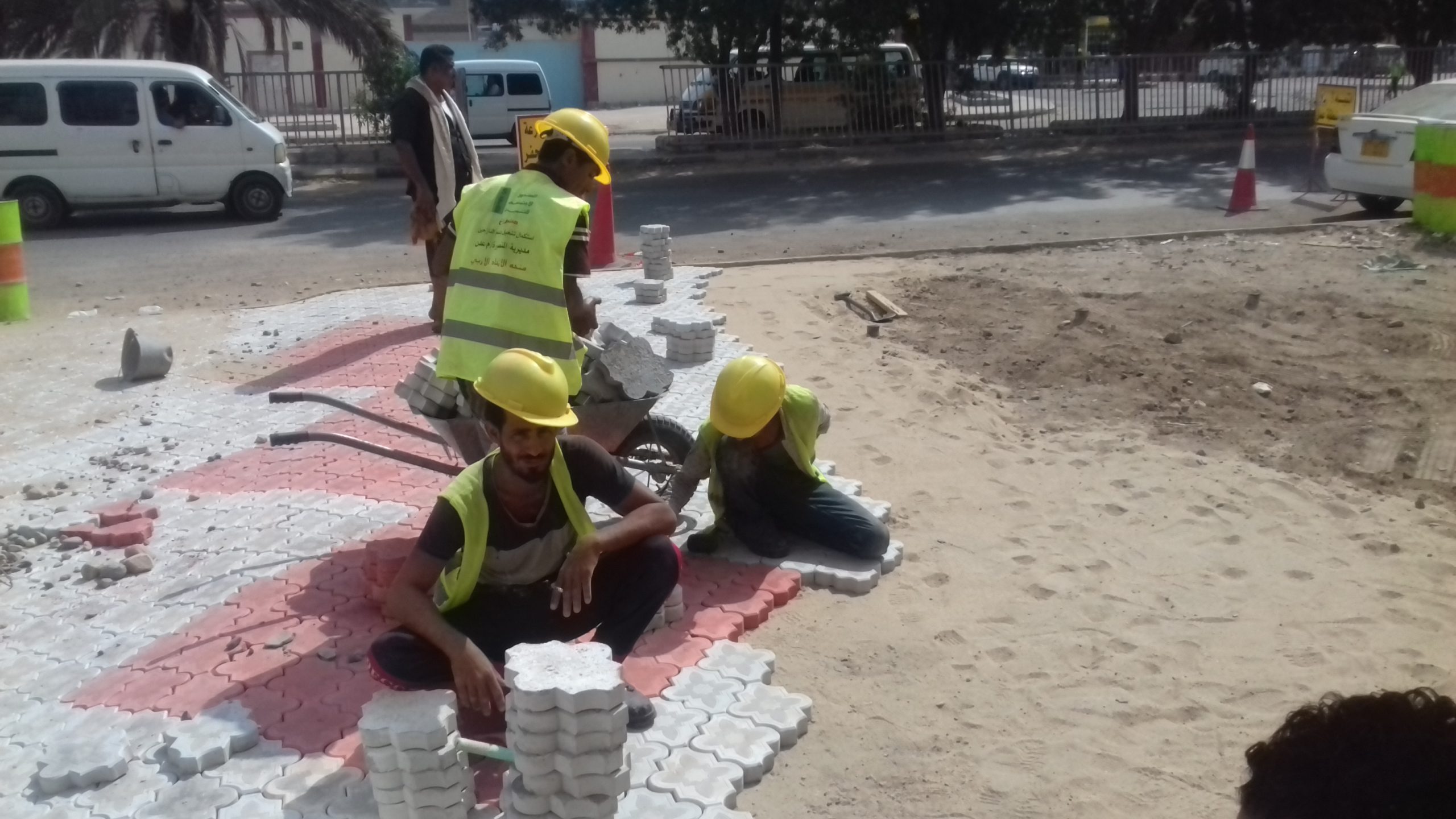
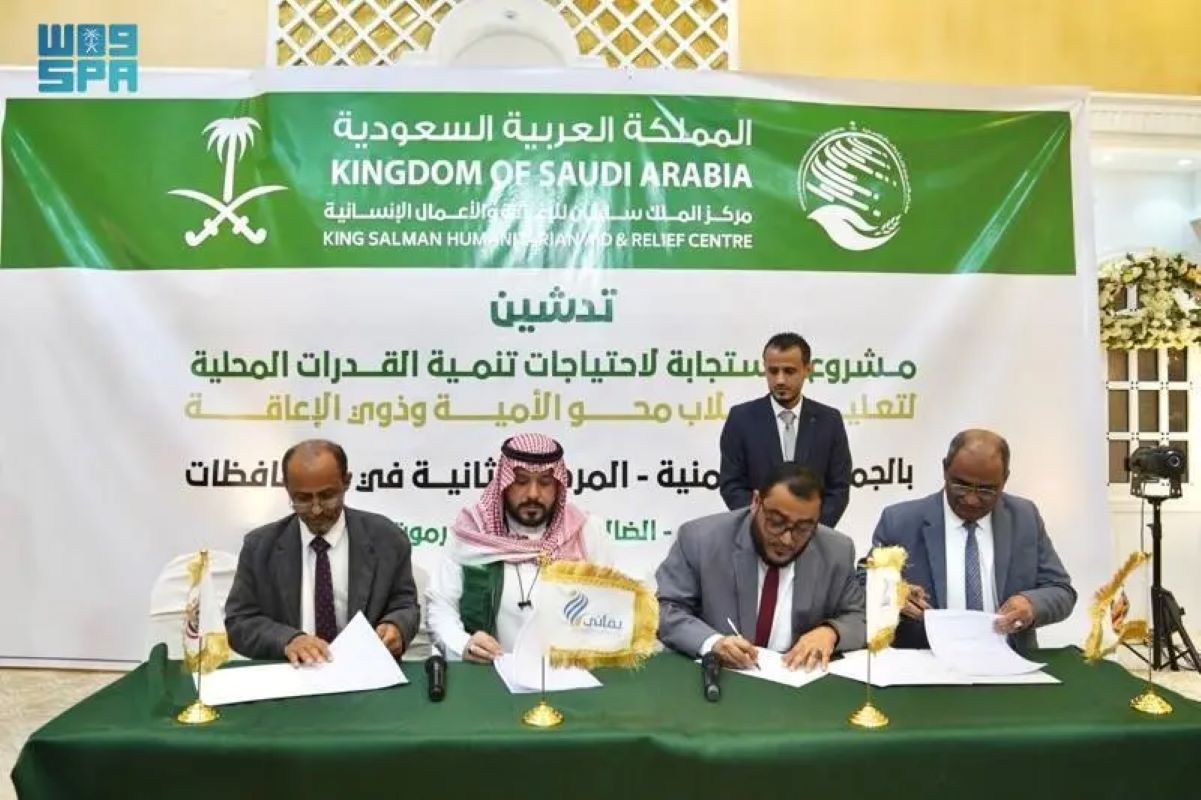
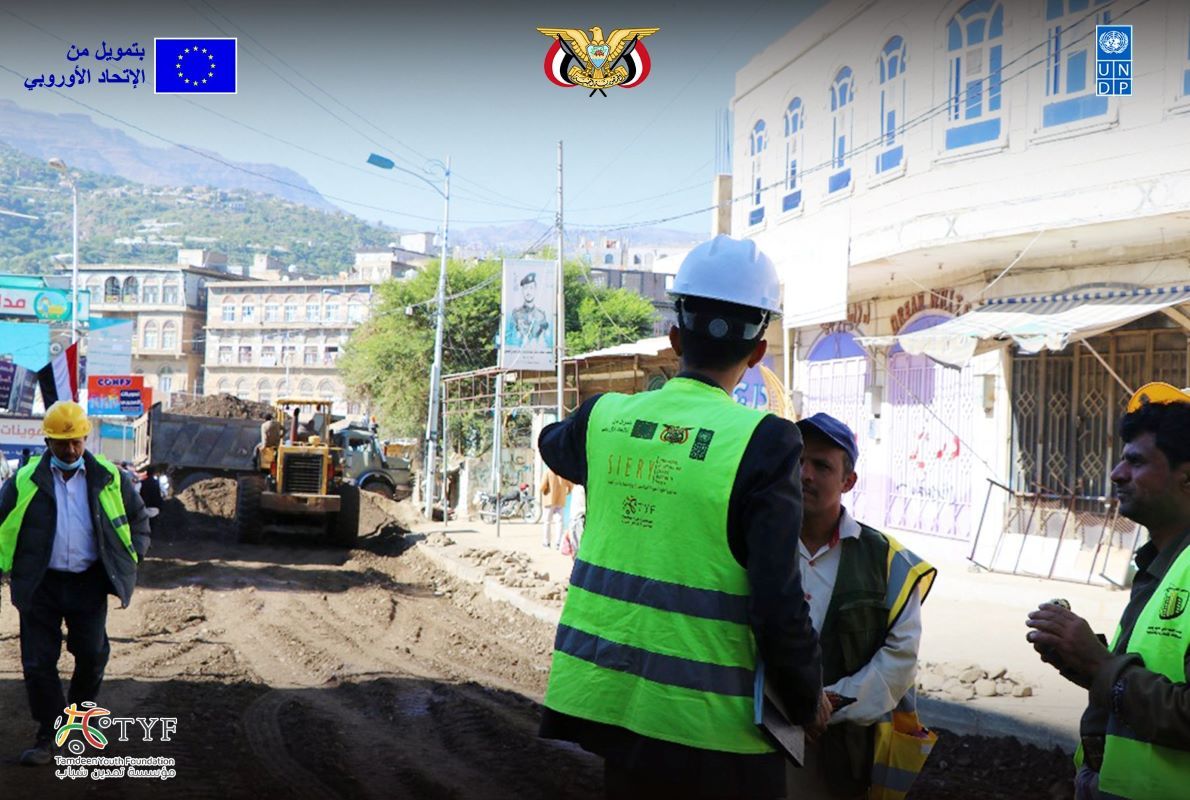
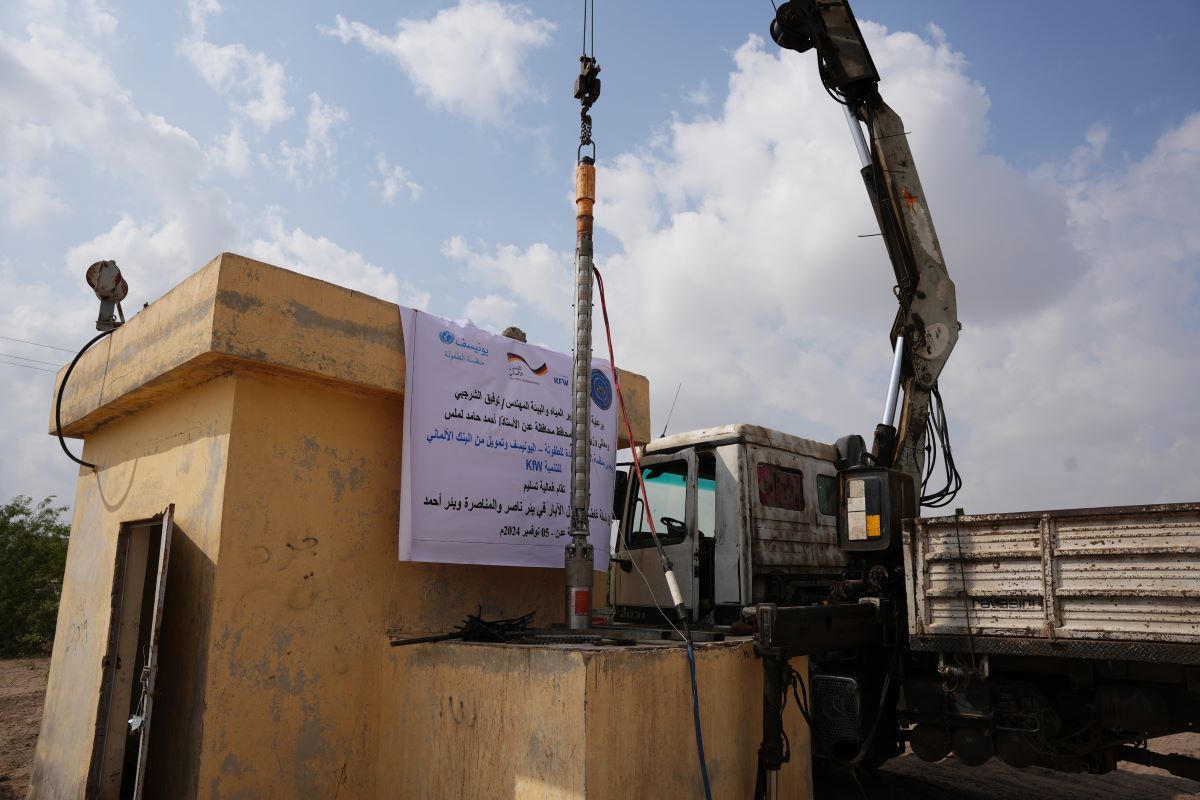

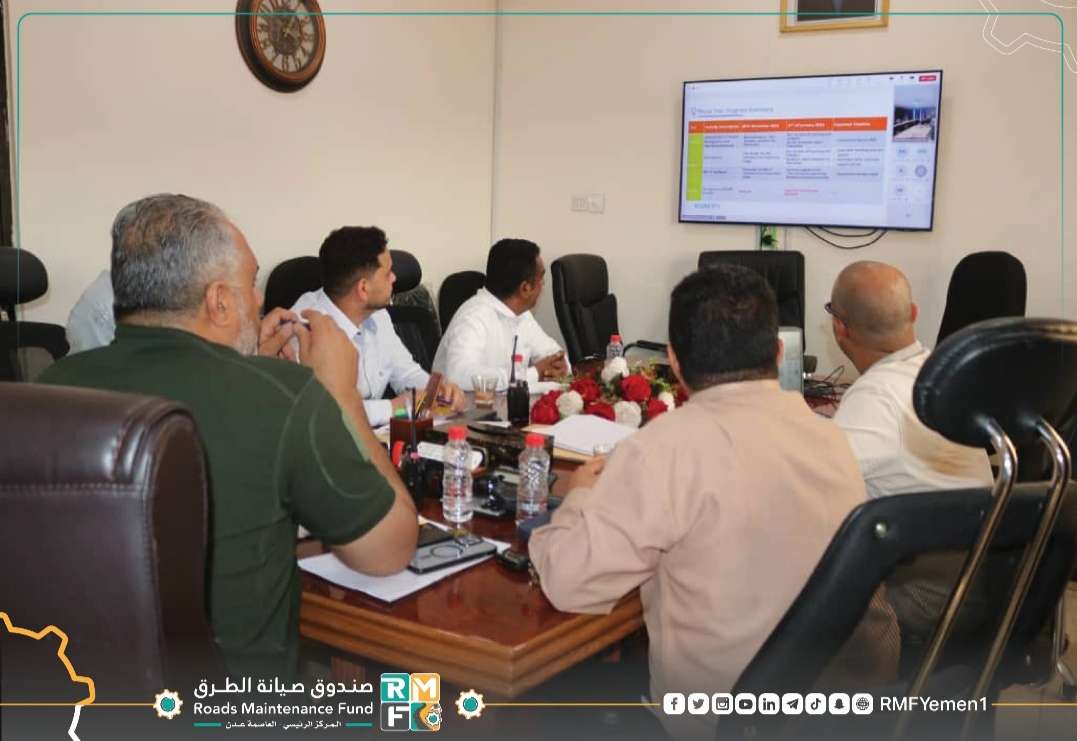


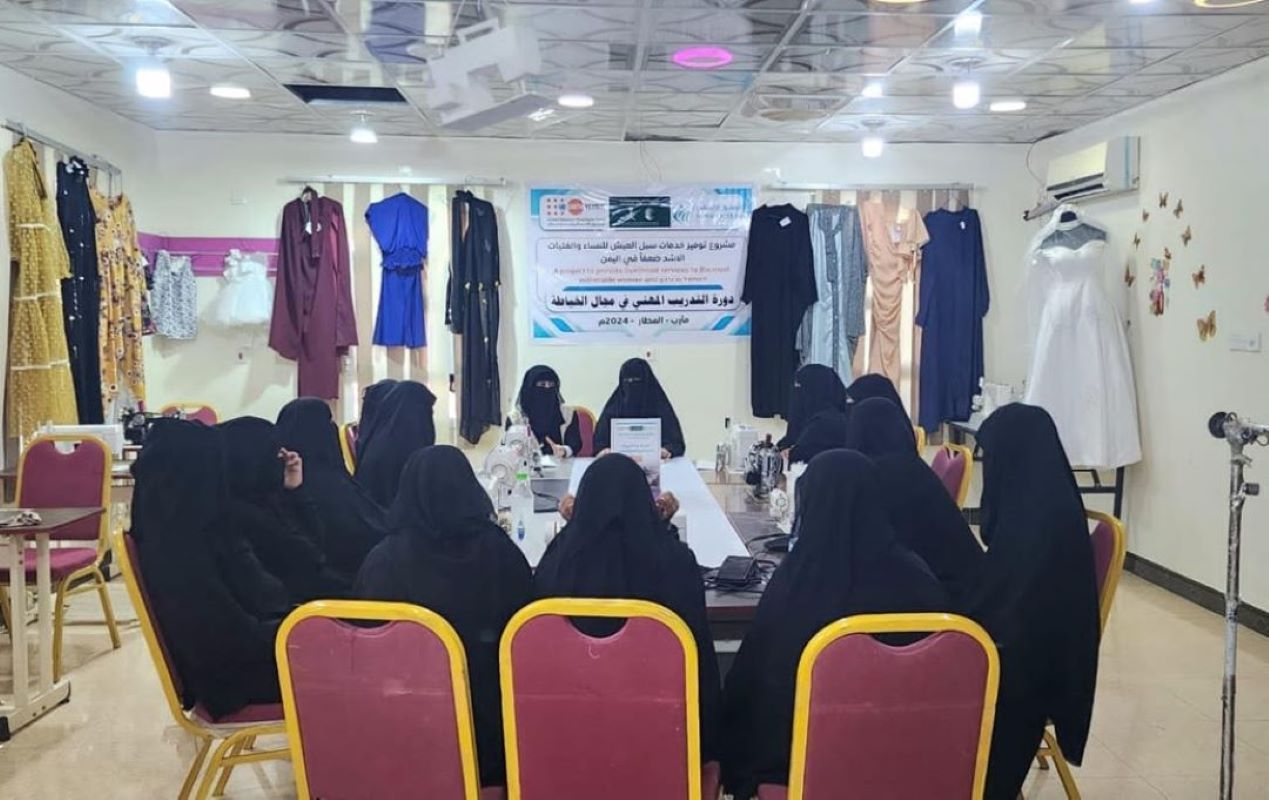
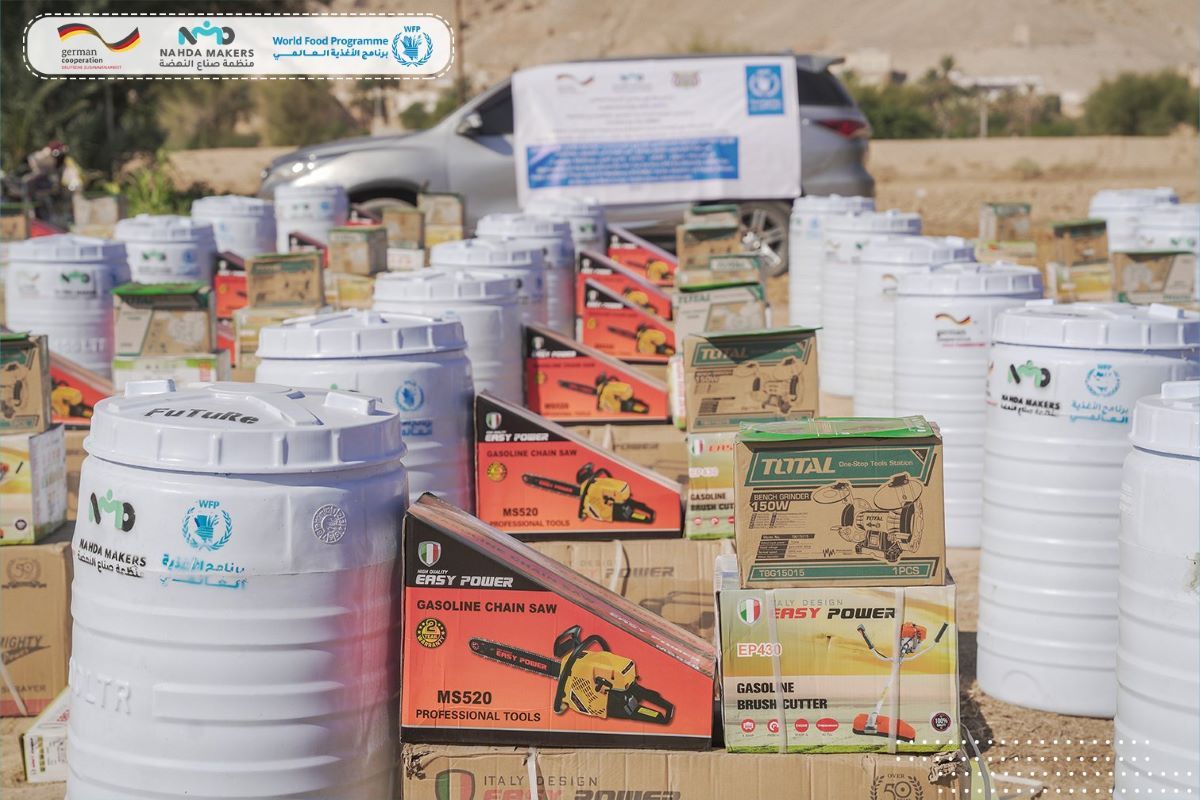
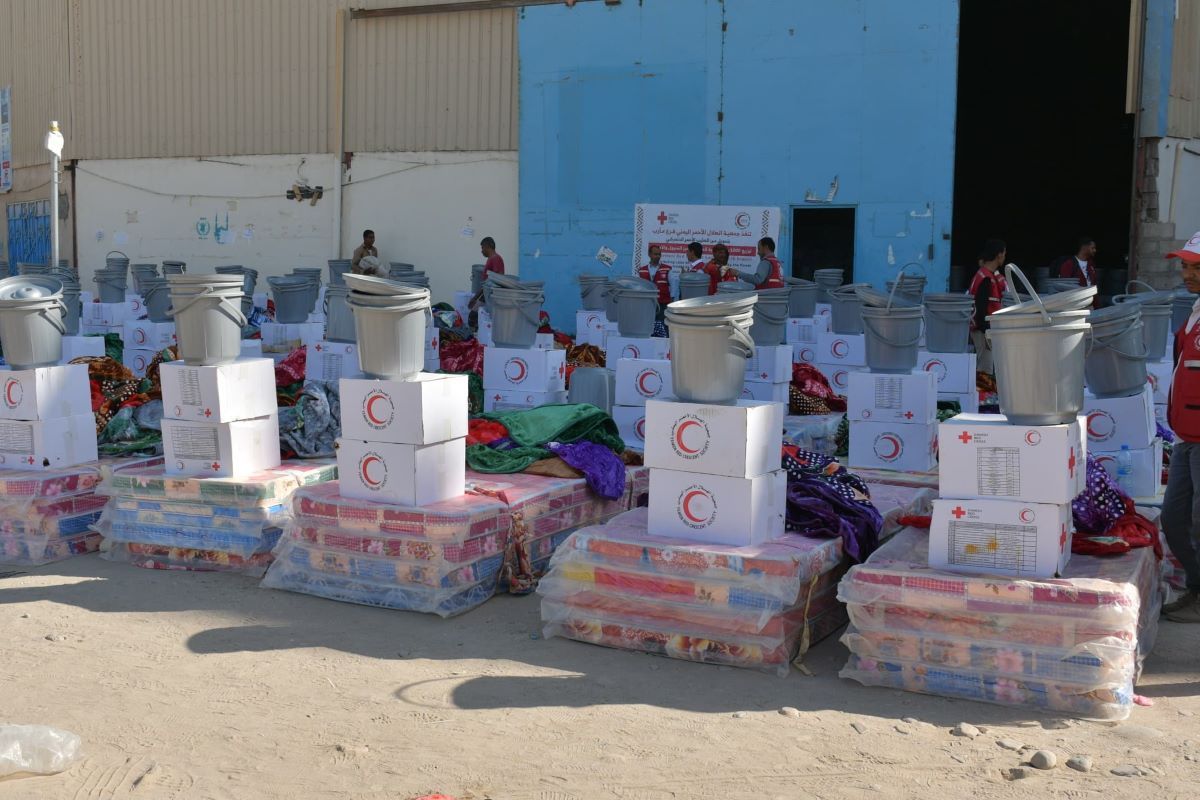
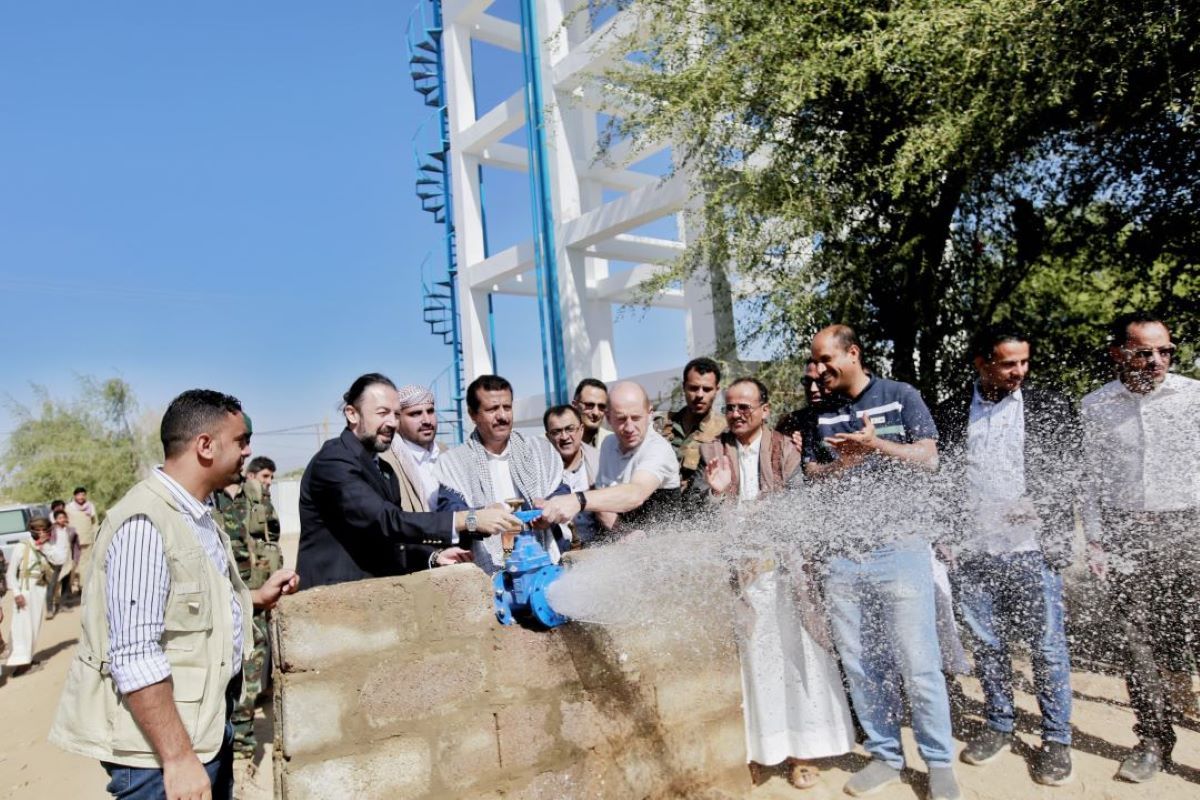
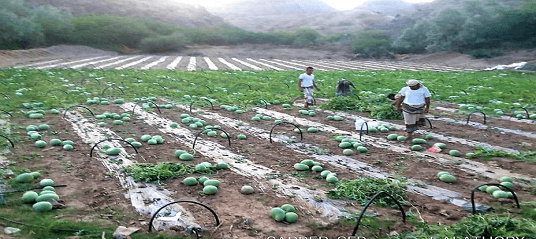
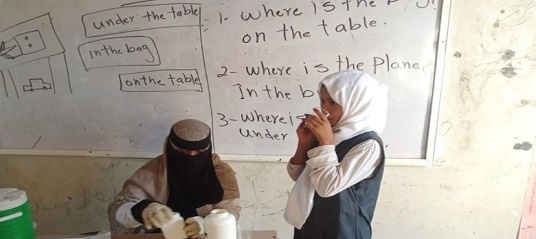
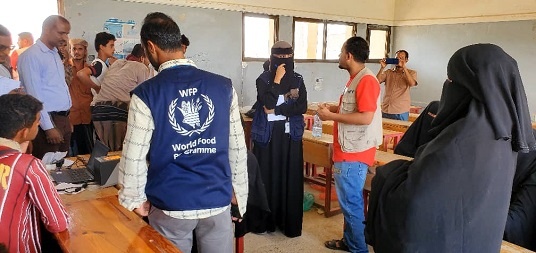
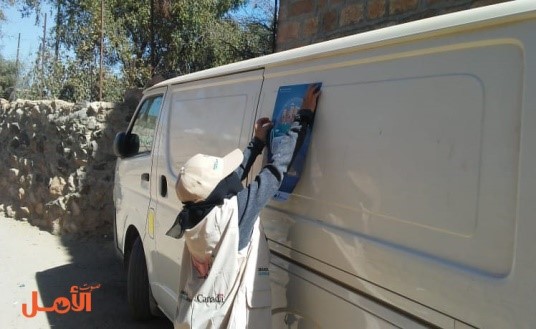
LEAVE A COMMENT